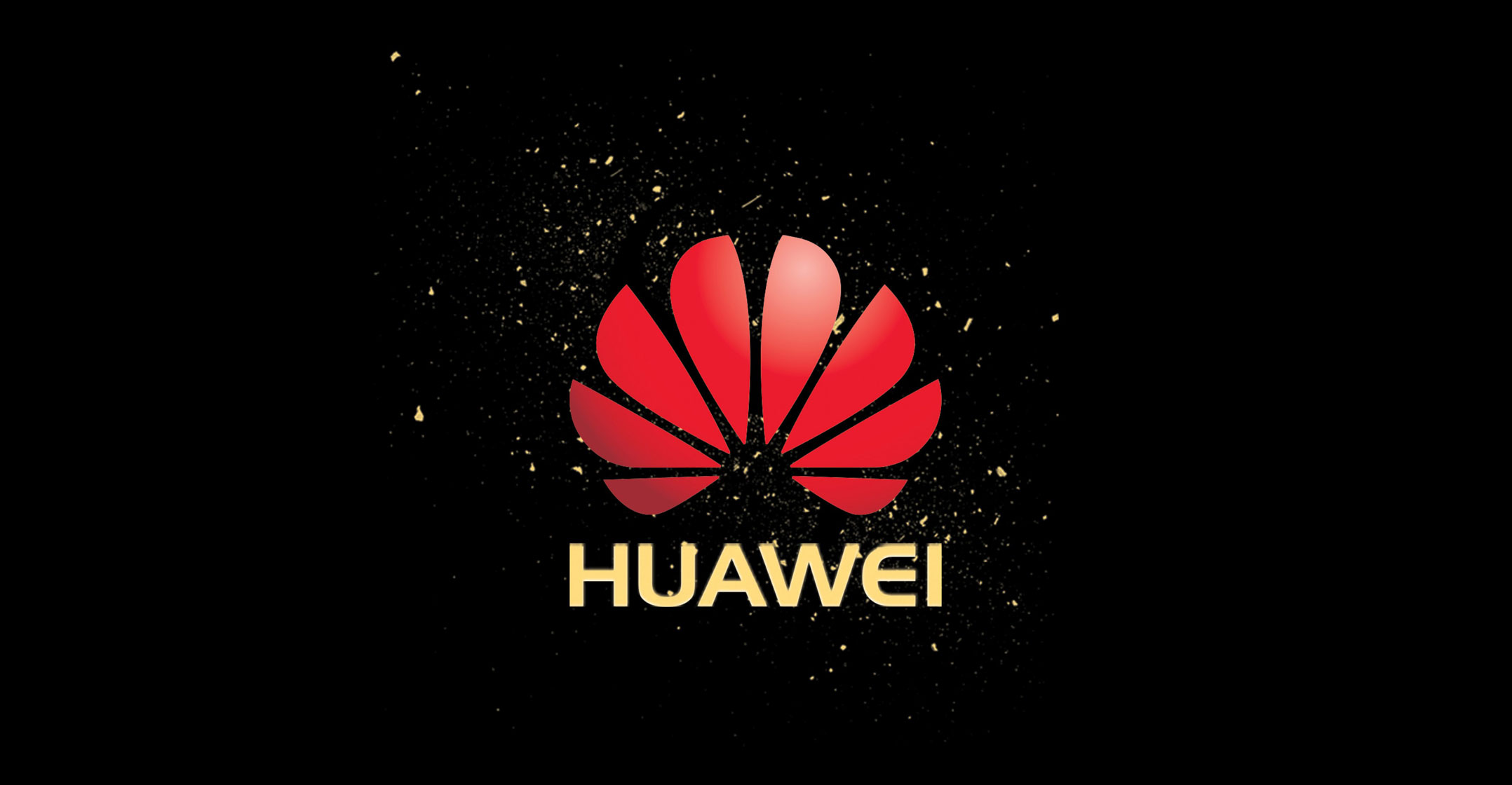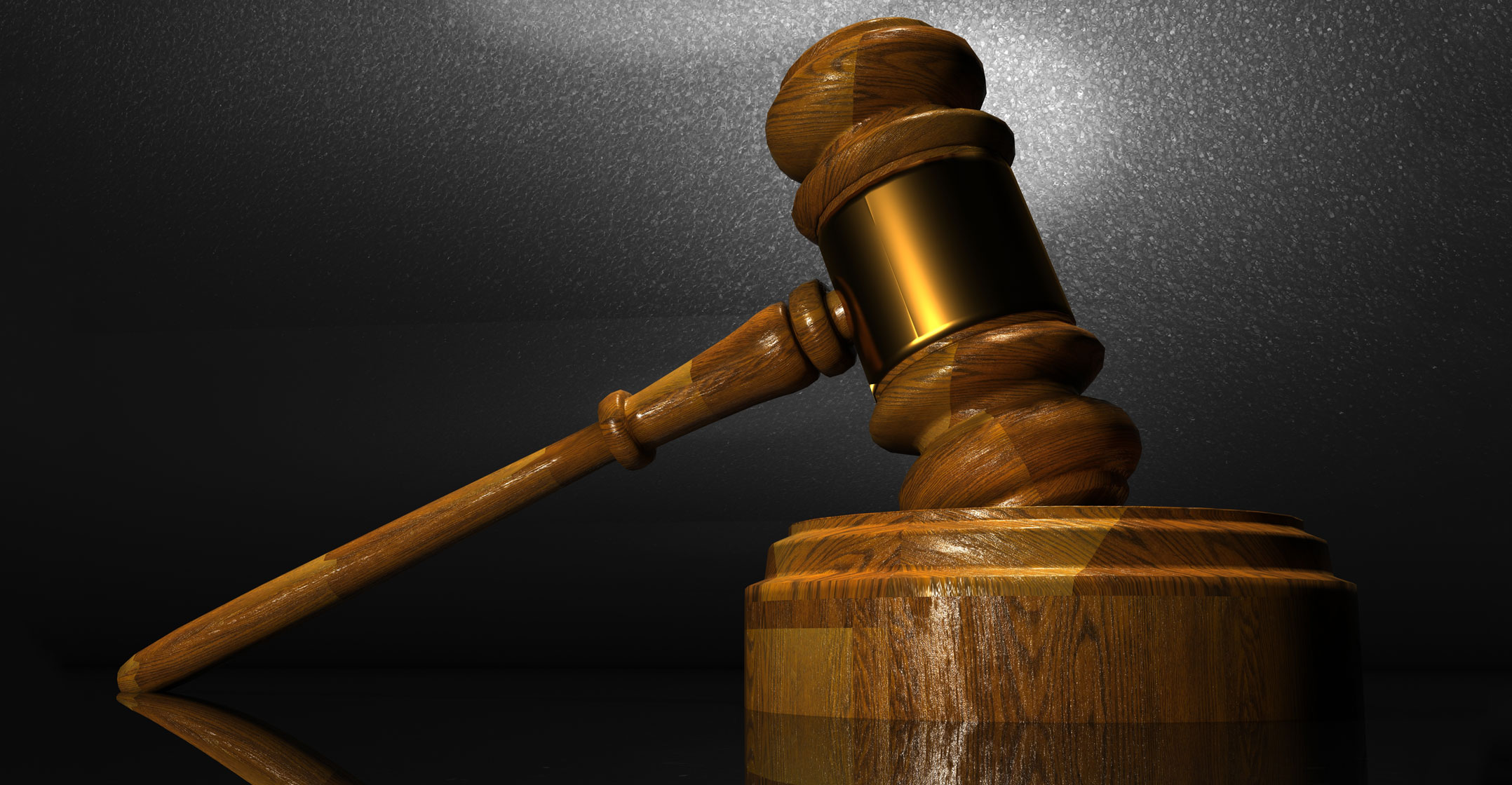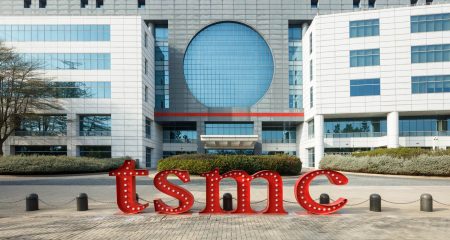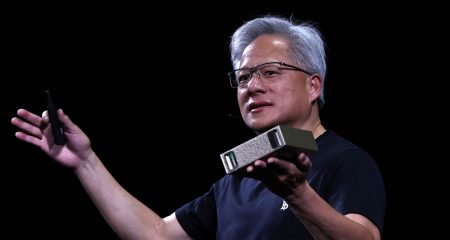 Huawei chief financial officer Meng Wanzhou was granted bail by a Canadian court, allowing the executive to stay in her Vancouver home as she awaits a possible extradition to the US over fraud charges.
Huawei chief financial officer Meng Wanzhou was granted bail by a Canadian court, allowing the executive to stay in her Vancouver home as she awaits a possible extradition to the US over fraud charges.
Justice William Ehrcke of the British Columbia supreme court agreed to release Meng on the condition she post bail of C$10-million (US$7.5-million), including at least C$7-million in cash, and submit five people who would act as “sureties” — guarantors to ensure she complies with the bail terms who would lose the cash or other assets they put up if she were to flee.
Meng broke into tears and wiped her eyes upon the announcement from the judge. The viewing gallery applauded.
Meng, 46, was arrested on 1 December at the request of US authorities as she changed planes in Vancouver on her way from Hong Kong to Mexico to Costa Rica to Argentina to France and back to China. Before the ruling, she seemed almost relieved at the prospect of taking a break from the punishing pace.
“I’ve been working hard for 25 years and, if I were to be ordered released, my only simple goal is to be with my husband and daughter. I haven’t read a novel in years,” Meng said in a message to the judge through her defence lawyer. She also said she’d like to apply to the PhD programme at the University of British Columbia’s business school, near her house.
The mother of four is accused of conspiring to defraud banks to unwittingly clear transactions linked to Iran, in violation of US sanctions. The US has 60 days from the arrest date to turn over its full extradition case with supporting evidence. The judge scheduled Meng’s next court appearance for 6 February.
‘A just conclusion’
Huawei, in a statement, said it has “every confidence” the Canadian and US legal systems will reach “a just conclusion” in the matter. US President Donald Trump told Reuters that he would consider intervening in the case if it would help win a trade deal with China.
The court decision is the start of a long legal process in Canada that could end with Meng being sent to the US to stand trial. Even though the North American neighbours have a longstanding treaty governing extradition, it can take months, even years, for a defendant to be handed over, if at all.
At some point, American authorities will have to reveal more evidence to justify the request to have Meng turned over and to show why they believe she committed a crime. A potentially thornier issue is whether Meng’s alleged transgressions were illegal in both the US and Canada.
 The US has accused Meng of hiding ties between Huawei and a company called Skycom that did business in Iran, violating international sanctions.
The US has accused Meng of hiding ties between Huawei and a company called Skycom that did business in Iran, violating international sanctions.
But Ehrcke said the “sole” question in relation to bail was whether Meng had proposed sufficient terms to offset the risk that she might flee the country before the extradition proceedings. The judge ordered her to remain in a restricted area of Vancouver, wear a GPS tracker, pay for extra supervision and agree to unannounced visits by police at her home. Meng won’t be released from custody until she fulfils the terms of the bail.
Meng will be subject to surveillance by a combination of security guards and technology as part of the agreement, and surrender her Chinese and Hong Kong passports.
Meng’s lawyers argued their client has no criminal record, cited high-profile character witnesses to vouch for her, and said she has substantive ties that ensure she would remain in Vancouver. Meng spends a couple weeks every summer in Vancouver and her family has two homes assessed at a combined C$20-million in the Pacific Coast city. The lawyers also cited health issues, including daily medication, to argue for her release from a Vancouver-area detention centre.
Her arrest has sparked protests by the Chinese government, which says Meng committed no crime. She is the daughter of Ren Zhengfei, the founder of Huawei, one of the world’s biggest makers of smartphones and wireless networking equipment. The case has shaken global financial markets and threatened the fragile trade relationship between the US and China.
Tensions
Tensions also rose in the Chinese-Canadian relationship on Tuesday when a former Canadian diplomat was detained in China. The arrest spurred the Canadian government to raise the issue with Chinese authorities. There is no indication it is connected to Meng’s arrest.
Meng’s bail hearing over three days hinged on the validity of the sureties, or guarantors. Ehrcke cast doubts about Meng’s husband, Liu Xiaozong, serving as sole surety, since he doesn’t have Canadian residency.
During Tuesday’s hearing, Meng’s lawyer, David Martin, put up four additional candidates, including an estate agent for the couple’s properties in Vancouver; a former Huawei employee; a homemaker whose husband once worked for Huawei; and a part-time yoga instructor. Those four put up a combined C$3-million in cash and home equity, adding to Liu’s C$7-million. — Reported by Natalie Obiko Pearson, (c) 2018 Bloomberg LP




